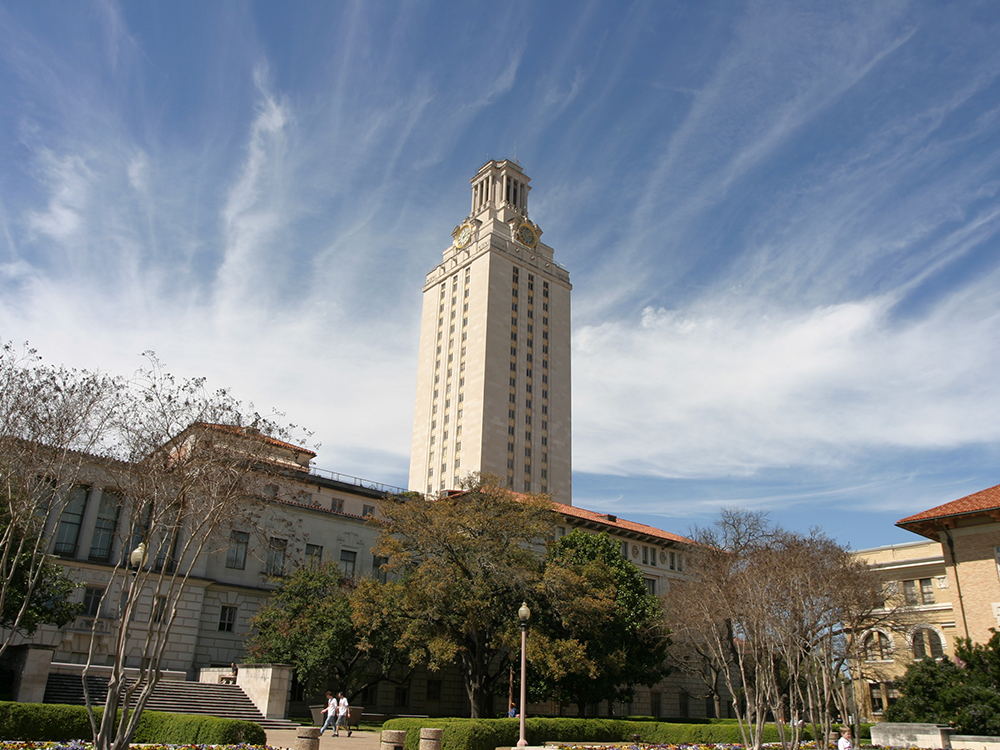About
About
News

- Details
The most complete picture yet is coming into focus of how antibodies produced in people who effectively fight off SARS-CoV-2 work to neutralize the part of the virus responsible for causing infection. In the journal Science, researchers at The University of Texas at Austin describe the finding, which represents good news for designing the next generation of vaccines to protect against variants of the virus or future emerging coronaviruses.

- Details
In a major boost to efforts to combat COVID-19 globally, a vaccine that recently entered human trials in Vietnam and Thailand, and is slated for a clinical study in Brazil, holds promise for affordable vaccine manufacturing in countries currently dependent on imported vaccines. The vaccine is the result of a partnership between The University of Texas at Austin, the Icahn School of Medicine at Mount Sinai in New York and global partners interested in advancing the supply of affordable vaccines to address the pandemic.

- Details
The unprecedented scientific mobilization that has produced several viable COVID-19 vaccinations in just a year since the virus’ emergence has been more than a decade in the making. And even after widespread COVID vaccination occurs, the train that created these treatments isn't slowing down anytime soon.
- Details
Responding to a need to quickly develop billions of doses of lifesaving COVID-19 vaccines, a scientific team at The University of Texas at Austin has successfully redesigned a key protein from the coronavirus, and the modification could enable much faster and more stable production of vaccines worldwide.
- Details
The country’s first peer-reviewed study of a COVID-19 treatment that transfuses blood plasma from recovered patients into critically ill patients shows 19 out of 25 patients improving, including 11 discharged from the hospital.
- Details
Historically, scientists have made vaccines by crippling a disease-causing virus, for example with heat or chemicals. When this dead or weakened version of the virus is injected into a person, the immune system learns to recognize it and produce antibodies that prevent the virus from spreading.
- Details
The rapid spread of the novel coronavirus has galvanized the engineering and scientific community into an all-hands on deck mentality. And students from the Cockrell School of Engineering and across the university are stepping up to help testing companies in the Austin area.
- Details
Researchers at The University of Texas at Austin will head into September, childhood cancer awareness month, with nearly $5 million in new cancer prevention funding from the State of Texas.
- Details
New research from the Cockrell School of Engineering at The University of Texas at Austin published in a recent issue of the journal Cell Host & Microbe highlights the role played by immunological imprinting — or how the immune system fights the flu after previous exposure to the virus via infections or vaccinations — in the elicitation of new antibodies.
- Details
Researchers in the Cockrell School of Engineering's McKetta Department of Chemical Engineering have engineered "antibody-like" T cell receptors that can specifically stick to cells infected with cytomegalovirus, or CMV, a virus that causes lifelong infection in more than half of all adults by age 40. These receptors represent a new potential treatment option, could aid the development of CMV vaccines and might also be used to target brain tumors.

